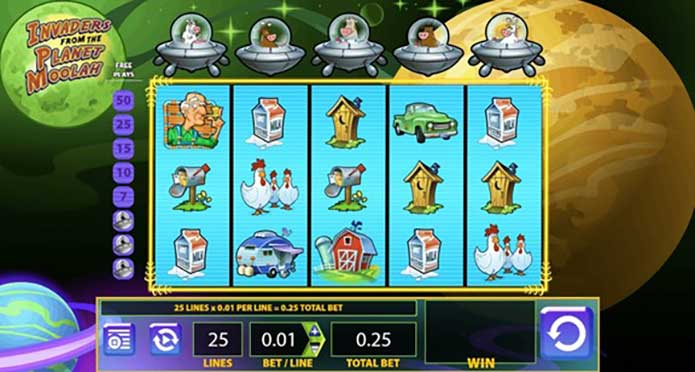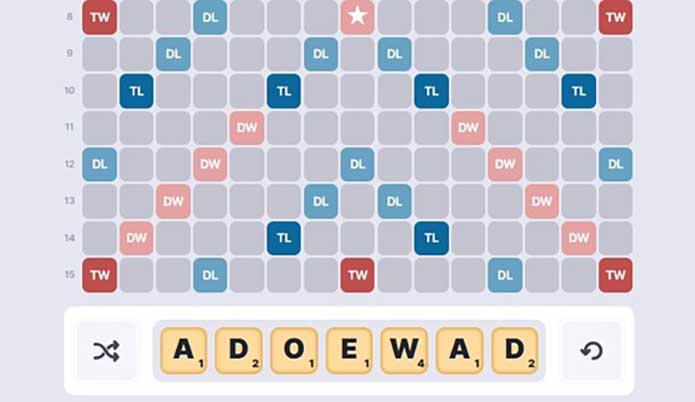Luck-type games are based on unpredictability and the fun of winning a tempting prize without gambling. These games combine elements of chance and skill and can be played by anybody.
Below are five of the most commonly played luck-based online games that present players with thrilling experiences.
1. Bunco
 Bunco is a social dice game dating back to the late 1800s. Typically played in groups of 12, it’s a favorite for parties and gatherings.
Bunco is a social dice game dating back to the late 1800s. Typically played in groups of 12, it’s a favorite for parties and gatherings.
Features:
- Three six-sided dice
- A bell to signal rounds
- Scorecards to track points
Rules:
- The goal is to roll specific combinations with the dice. The game has six rounds, each requiring players to roll a specific number.
- Points are earned based on how often the number appears.
- Bonus points are awarded for rolling three-of-a-kind or matching all three numbers.
Gameplay:
Players sit in a circle, with one acting as scorekeeper. The round starts when someone rings the bell and ends when a player reaches 21 points. Players take turns rolling the dice and aiming to match the round’s target number, with the scorekeeper tracking points.
Variations:
Bunco has many variations with different rules and scoring. Some use more dice or include bonus rounds. Players can also create their own rules or scoring systems.
2. Invaders From the Planet Moolah
 Planet Moolah online slot is a fun and unique online slot game that mixes a quirky alien theme with the excitement of luck-based gameplay.
Planet Moolah online slot is a fun and unique online slot game that mixes a quirky alien theme with the excitement of luck-based gameplay.
Features:
- Five reels and 25 paylines
- Cascading reel feature for continuous wins
- Wild symbols that can replace any regular symbol to create winning combinations
Rules:
- The cascading reel feature replaces winning symbols with new ones, giving you more chances to win.
- Four or more consecutive cascading wins trigger the bonus round, leading to big payouts.
Graphics:
The game features colorful and comical depictions of cows, chickens, barns, and flying saucers, with quirky sound effects adding a playful touch.
Compatibility:
This game is available for desktop and mobile devices, making it accessible to players anywhere.
3. Pig (Dice Game)
 Pig is a fun and easy dice game that works for players of all ages. Its simple rules and mix of luck and strategy make it a popular choice for family game nights.
Pig is a fun and easy dice game that works for players of all ages. Its simple rules and mix of luck and strategy make it a popular choice for family game nights.
Objective: The goal is to be the first to hit a set score, usually 100 points.
Rules:
- Players take turns rolling a single die as many times as they want during their turn.
- The total from the rolls is added to their score if they decide to end their turn before pushing their luck.
- If you roll a 1, your turn ends immediately, and you score zero for that round.
Variations:
Variations include “Two-Dice Pig,” where rolling double 1s comes with a penalty, and other versions that add scoring bonuses or team play for a collaborative twist.
4. Backgammon
 Backgammon is a two-player game that blends luck, strategy, and skill. Originating in ancient Mesopotamia, it has become a timeless classic.
Backgammon is a two-player game that blends luck, strategy, and skill. Originating in ancient Mesopotamia, it has become a timeless classic.
Goal: Get all your checkers off the board before your opponent does.
How to Play:
- Players take turns rolling two dice and moving their checkers.
- Checkers can only land on open points (not blocked by two or more opponent checkers).
- If you land on a point with just one opponent checker, it’s sent to the bar in the middle of the board.
- Once all your checkers are in your home board, you can start bearing them off (removing them from the board).
Doubling Cube:
This optional feature lets you raise the stakes during the game, with values doubling to 2, 4, 8, and so on.
How to Win:
The first player to bear off all their checkers wins. A gammon (opponent bears off none) earns double points, while a backgammon (opponent has checkers on the bar or home board) earns triple points.
5. Scrabble
 Scrabble is a timeless word game that’s been bringing families and friends together since the 1930s.
Scrabble is a timeless word game that’s been bringing families and friends together since the 1930s.
Goal: Outscore opponents by creating words and strategically placing letter tiles on the board.
Setup:
- 2 to 4 players, each starting with 7 letter tiles drawn from a bag of 100 tiles.
- One player acts as the scorekeeper.
How to Play:
- Use letter tiles to form words on the board. Words can go left-to-right or top-to-bottom and may intersect with existing words.
- Common letters (E, A, I) are worth 1 point, while rare ones (Q, Z) score 10 points.
- Place tiles on special squares for double or triple points.
- Use all 7 tiles in one turn for a “bingo” and earn 50 bonus points!
Scrabble combines strategy and fun, making it perfect for players of all ages.


 by Symphonie
by Symphonie